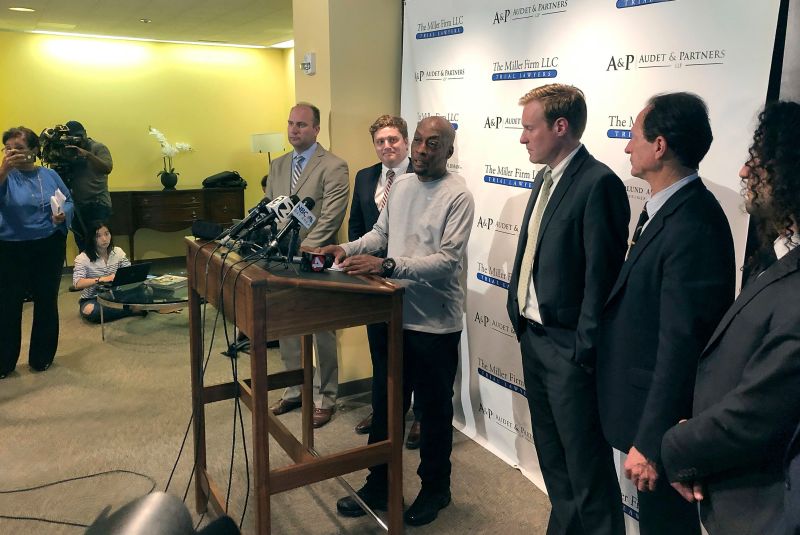
An environmental charity has urged British farmers to think about how the industry will manage without glyphosate following a landmark US court case.
Monsanto, the company behind 'Roundup' weedkiller which contains the controversial substance glyphosate, has suffered a major blow.
The agrochemical giant was last weekend ordered to pay $289 million (£227m) after they were found liable in a lawsuit by a school caretaker who was diagnosed with non-Hodgkin lymphoma after using Roundup on the job.
Californian jurors unanimously found that Monsanto – which vowed to appeal – acted with “malice” and that its products “substantially” caused Dewayne Johnson’s cancer.
The lawsuit is the first ever to go to trial alleging a glyphosate link to cancer.
Mr Johnson is among more than 5,000 similar plaintiffs across the US who say that Monsanto's products have caused terminal illness.
The case follows news of the International Agency for Research on Cancer and the World Health Organisation's (WHO) cancer agency both agreeing in 2015 that glyphosate is a probable carcinogen.
'Dramatic blow'
Environmental charity Soil Association, which advocates for a more sustainable approach to British agriculture, has said the ruling is a "dramatic blow" to the future use of glyphosate.
Emma Hockridge, head of policy at the Soil Association said: “It confirms that it is sensible for UK farmers to be thinking about how they will manage without glyphosate, as organic famers already do.
“We need to urgently change our systems of weed control to stop relying on herbicides. It was disturbing in this case to hear that Monsanto had knowledge of the potentially harmful effects, but the court case also really highlights the problem with relying on chemical pesticides globally as so little is known about the long-term environmental and health impacts.
Ms Hockride added: “A lot more should be done to help all farmers improve these practical alternatives they’ve pioneered, which pose less risk to our soils, environment, and health.
“We continue to call for a stop to spraying this chemical on crops at harvest time and to it use in parks and gardens, and for a thorough rethink of pesticide regulations.”
'Safe for use'
However, the company that owns Monsanto, German agri-giant Bayer, has said that its products do not cause cancer.
In a statement the company said: "Bayer is confident, based on the strength of the science, the conclusions of regulators around the world and decades of experience, that glyphosate is safe for use and does not cause cancer when used according to the label."
It said it would "continue to vigorously defend this product, which has a 40-year history of safe use".
Bayer completed its $66bn takeover of Monsanto in June.
